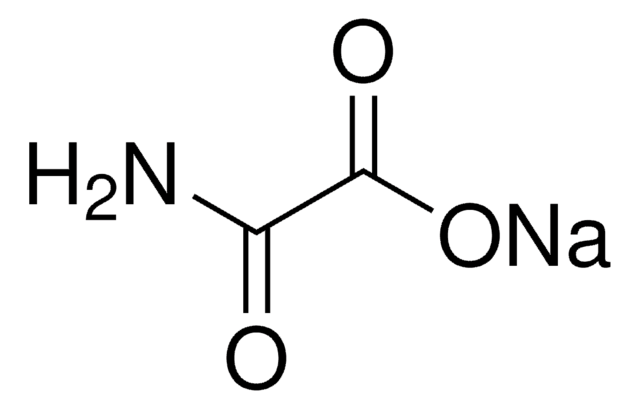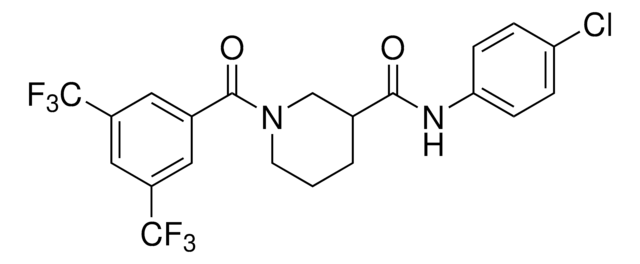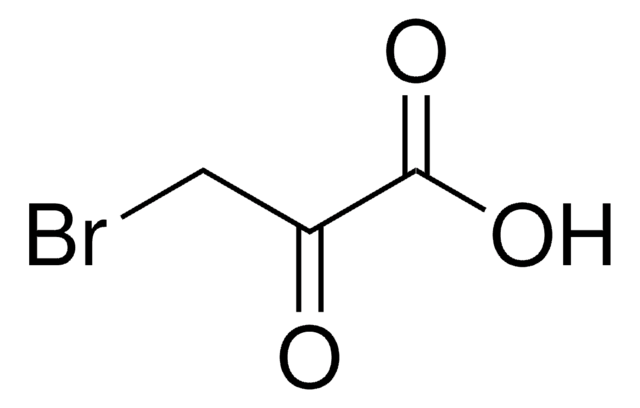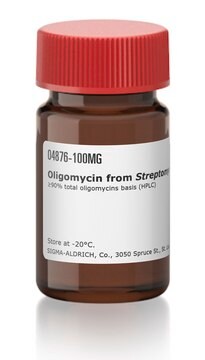SML2580
GNE-140
≥98% (HPLC)
동의어(들):
(6R)-3-[(2-Chlorophenyl)thio]-5,6-dihydro-4-hydroxy-6-[4-(4-morpholinyl)phenyl]-6-(3-thienyl)-2(1H)-pyridinone, (R)-3-(2-Chlorophenyl)sulfanyl-6-(4-morpholinophenyl)-6-(3-thienyl)piperidine-2,4-dione, GNE 140, GNE140
로그인조직 및 계약 가격 보기
모든 사진(1)
About This Item
실험식(Hill 표기법):
C25H23ClN2O3S2
CAS Number:
Molecular Weight:
499.04
MDL number:
UNSPSC 코드:
12352200
NACRES:
NA.77
추천 제품
분석
≥98% (HPLC)
양식
powder
색상
white to beige
solubility
DMSO: 2 mg/mL, clear
저장 온도
−20°C
생화학적/생리학적 작용
Active site-targeting, potent and selective lactate dehydrogenase (LDH) inhibitor that affects glycolysis-dependent cancer proliferation & survival.
GNE-140 is an active site-targeting, potent and selective lactate dehydrogenase (LDH) inhibitor (LDH-A/B/C IC50 = 3/5/5 nM; LDH-A IC50 = 22 nM with mixed GNE-140 diastereomers; malate dehydrogenases MDH1/2 IC50 >10 μM; 301 kinases IC50 >1 μM) that reduces cellular lactate (IC50 = 670 nM; MIA PaCa-2) and upregulates pyruvate levels. GNE-140 affects glycolysis-dependent cancer proliferation (IC50 = 430 nM; MIA PaCa-2 & KP-2) & survival, but not oxidative phosphorylation (OXPHOS)-dependent growth. Due to rapid clearance, GNE-140 is ineffective against MIA PaCa-2 tumor growth with only transient lactate-reducing efficacy in tumor tissue in mice in vivo (100-400 mg/kg b.i.d. p.o.).
Storage Class Code
13 - Non Combustible Solids
WGK
WGK 3
Flash Point (°F)
Not applicable
Flash Point (°C)
Not applicable
가장 최신 버전 중 하나를 선택하세요:
Aaron Boudreau et al.
Nature chemical biology, 12(10), 779-786 (2016-08-02)
Metabolic reprogramming in tumors represents a potential therapeutic target. Herein we used shRNA depletion and a novel lactate dehydrogenase (LDHA) inhibitor, GNE-140, to probe the role of LDHA in tumor growth in vitro and in vivo. In MIA PaCa-2 human
mTORC1-Dependent Metabolic Reprogramming Underlies Escape from Glycolysis Addiction in Cancer Cells.
Raju V Pusapati et al.
Cancer cell, 29(4), 548-562 (2016-04-08)
Although glycolysis is substantially elevated in many tumors, therapeutic targeting of glycolysis in cancer patients has not yet been successful, potentially reflecting the metabolic plasticity of tumor cells. In various cancer cells exposed to a continuous glycolytic block, we identified
Anneleen Daemen et al.
Proceedings of the National Academy of Sciences of the United States of America, 112(32), E4410-E4417 (2015-07-29)
Although targeting cancer metabolism is a promising therapeutic strategy, clinical success will depend on an accurate diagnostic identification of tumor subtypes with specific metabolic requirements. Through broad metabolite profiling, we successfully identified three highly distinct metabolic subtypes in pancreatic ductal
John Smestad et al.
Oncotarget, 9(5), 6109-6127 (2018-02-22)
Succinate dehydrogenase (SDH)-loss pheochromocytoma and paraganglioma (PPGL) are tumors driven by metabolic derangement. SDH loss leads to accumulation of intracellular succinate, which competitively inhibits dioxygenase enzymes, causing activation of pseudohypoxic signaling and hypermethylation of histones and DNA. The mechanisms by
자사의 과학자팀은 생명 과학, 재료 과학, 화학 합성, 크로마토그래피, 분석 및 기타 많은 영역을 포함한 모든 과학 분야에 경험이 있습니다..
고객지원팀으로 연락바랍니다.







